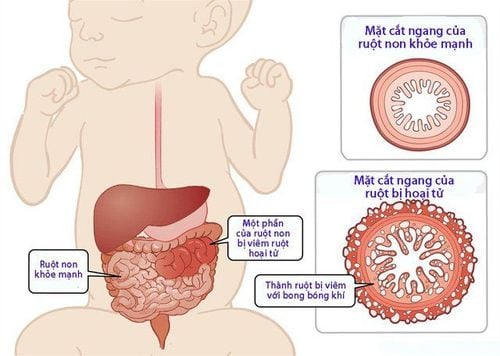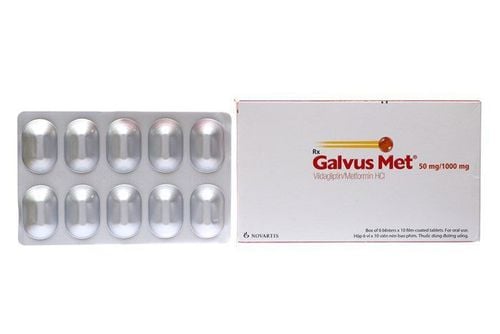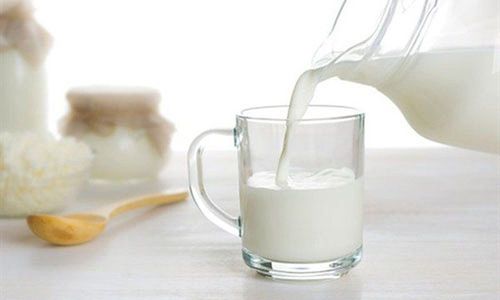1. What is the condition when a newborn passes stools multiple times with foam?
Normally, newborns pass stools after each breastfeeding session. On average, they pass stools about 5–7 times a day. The stool is typically dark yellow and slightly mushy. If a newborn passes loose stools with foam or has frequent bowel movements in a day, it may indicate diarrhea.
Symptoms of diarrhea in newborns include:
- Passing stools more frequently than usual, continuously passing stools.
- Poor breastfeeding.
- Crying and fussiness due to abdominal pain.
- Changes in stool characteristics: loose stools, watery stools, stools with foam, mucus, or color changes.
- Fever.
- Vomiting or spitting up.
Diarrhea in newborns can resolve on its own within 1–2 days. However, it can progress rapidly, leading to severe dehydration, kidney failure, and respiratory failure. Therefore, parents should monitor the newborn’s condition closely. If diarrhea does not improve and is accompanied by a high fever, the child should be taken to a doctor immediately.
2. Causes of diarrhea in newborns
There are many causes of diarrhea in newborns, such as digestive disorders, intestinal infections, food allergies, milk allergies, or poor nutrient absorption. For exclusively breastfed babies, the cause of diarrhea could also be the mother consuming too much laxative food or a reaction to medication.

3. How to handle diarrhea in newborns
When experiencing diarrhea, newborns often cry, feed poorly, and suffer from abdominal pain. Frequent bowel movements lead to dehydration, causing fatigue. Because newborns are very fragile, parents must monitor them closely and take them to pediatric healthcare facilities for examination, diagnosis, and timely treatment.
Note: Do not administer any medications, including digestive enzymes or anti-diarrheal drugs, to the newborn without a doctor’s prescription.
4. How to prevent diarrhea in newborns
Breast milk is the best source of nutrition for newborns and infants. It contains many essential nutrients, particularly antibodies that help protect babies from various harmful bacteria.
Breast milk is designed to support the growth and development of a newborn and boost their immune system. Therefore, exclusive breastfeeding for the first six months is recommended to prevent diarrhea and other illnesses. Breastfed babies have a lower risk of diarrhea compared to those fed with formula milk or not breastfed exclusively.
Additionally, during pregnancy, mothers should ensure proper prenatal care to create a healthy foundation for their baby and reduce the risk of infections during the perinatal period.
While breastfeeding, especially during the first 1–2 months, mothers should pay attention to their diet. Foods consumed by the mother are metabolized into breast milk. Mothers should opt for healthy foods such as lean meat, malabar spinach, eggs, shrimp, and avoid oily foods, processed foods, etc.
The digestive system of newborns is still very immature, so when they have frequent bowel movements or abnormal stool color, parents should take them to a healthcare facility or hospital specializing in pediatrics. Doctors will examine the baby, determine the cause, and provide an effective treatment plan. In some cases, medication may be prescribed, but parents should never administer any treatment, including digestive enzymes or anti-diarrheal drugs, without medical guidance, to prevent allergies or drug interactions.
To arrange an appointment, please call HOTLINE or make your reservation directly HERE. You may also download the MyVinmec app to schedule appointments faster and manage your reservations more conveniently.















